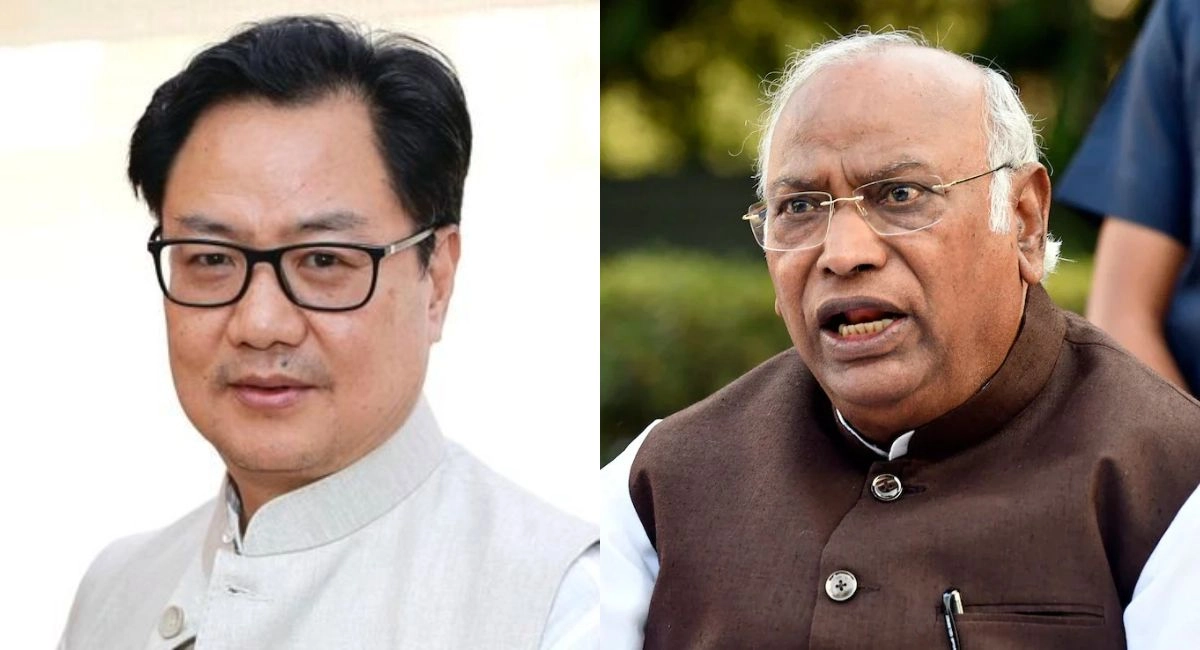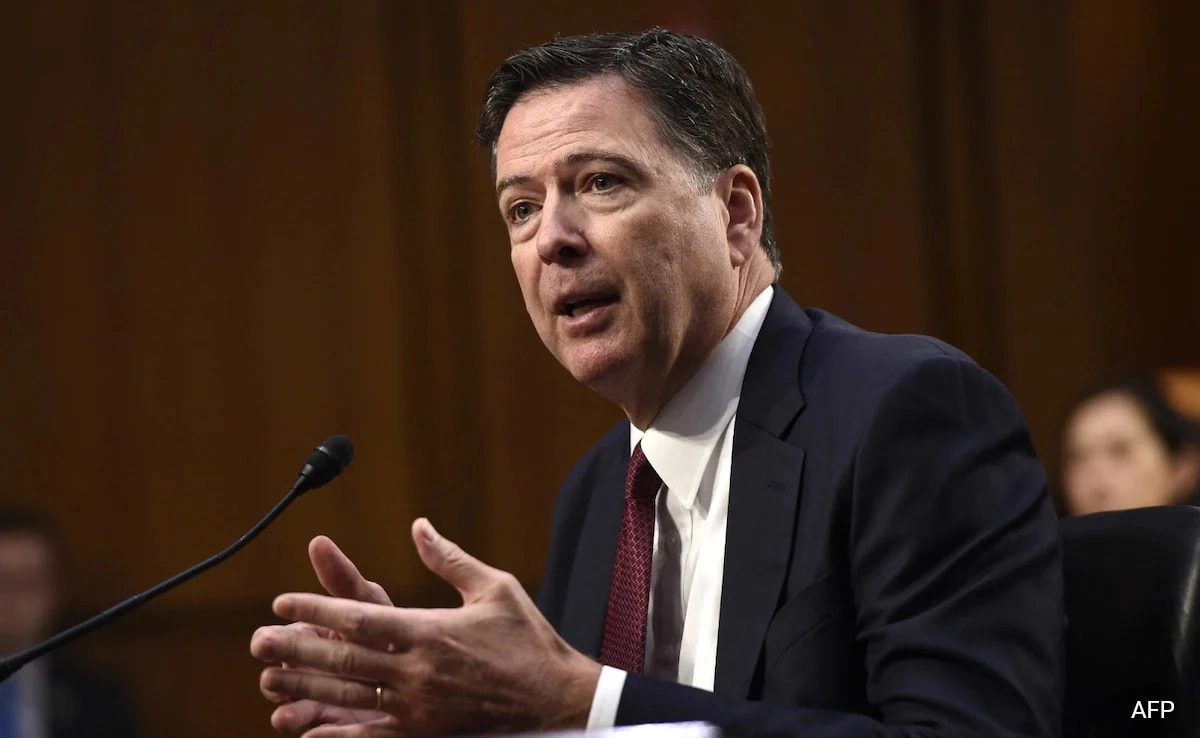In a recent political exchange, a diplomat has responded to Congress leader Mallikarjun Kharge’s criticisms regarding the Indian government’s handling of the H1-B visa situation. Kharge’s remarks suggested that the Centre has failed to adequately support Indian professionals seeking opportunities in the United States. This visa program, which allows U.S. companies to employ foreign workers in specialty occupations, has been a point of contention, especially given the significant number of Indian professionals who rely on it for employment in the tech industry.
Kiren Rijiju, the Union Minister of Law and Justice, weighed in on the matter, defending the government’s stance and highlighting the steps taken to facilitate smoother processes for Indian workers. Rijiju emphasized that the government is actively engaging with U.S. authorities to ensure the interests of Indian nationals are safeguarded. He pointed out that the H1-B program has evolved over time, and the Indian government is committed to advocating for fair treatment and opportunities for its citizens in the global job market.
The exchange underscores the ongoing dialogue around immigration policies and their impact on the workforce. Critics argue that the current administration’s approach to the H1-B visa system has led to uncertainties and challenges for many skilled workers. On the other hand, supporters of the government contend that efforts are being made to negotiate better terms and improve the overall situation. As the debate unfolds, it becomes clear that the H1-B visa continues to be a crucial element in the discussion of international labor mobility and the opportunities it presents for Indian professionals seeking to advance their careers abroad.
Overall, this discourse reflects broader themes of immigration, economic policy, and the relationship between India and the United States, emphasizing the need for ongoing dialogue and collaboration to address the evolving needs of the workforce in a competitive global landscape.




